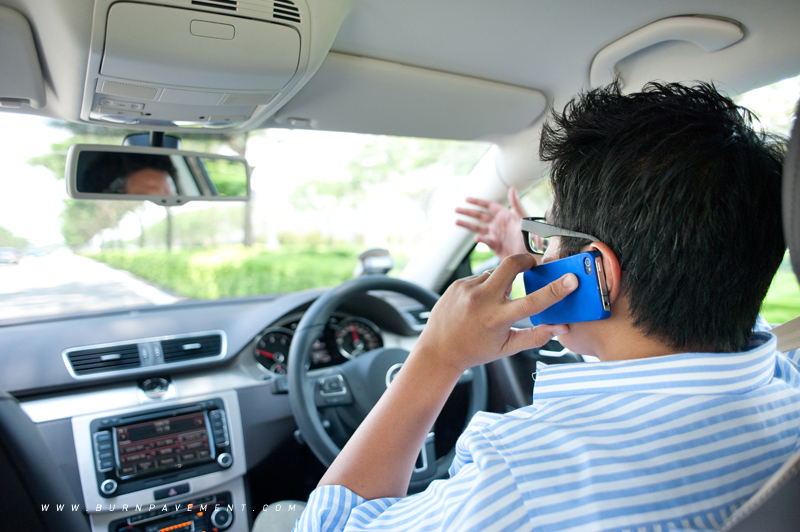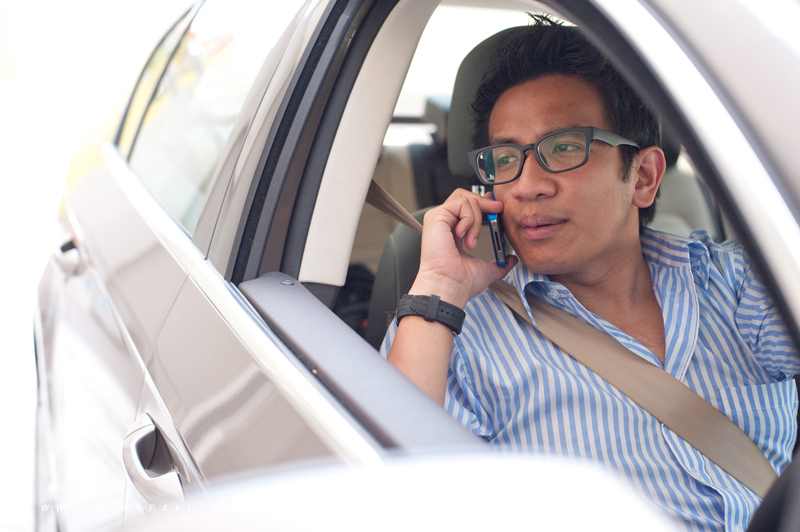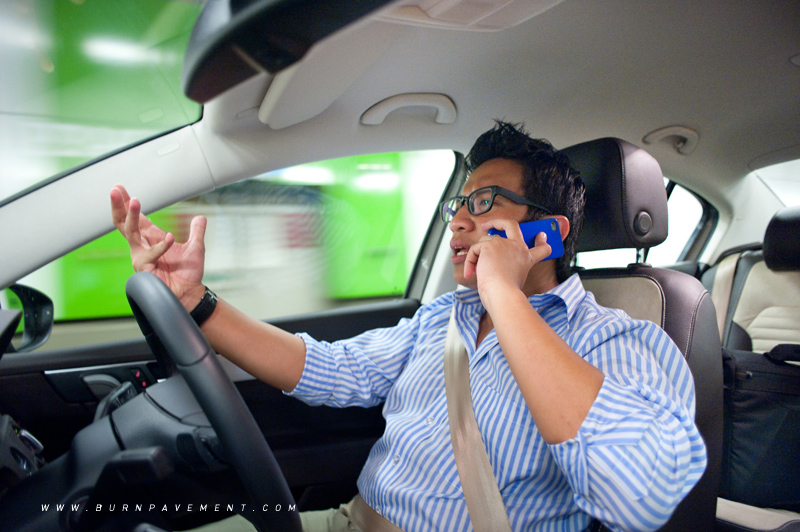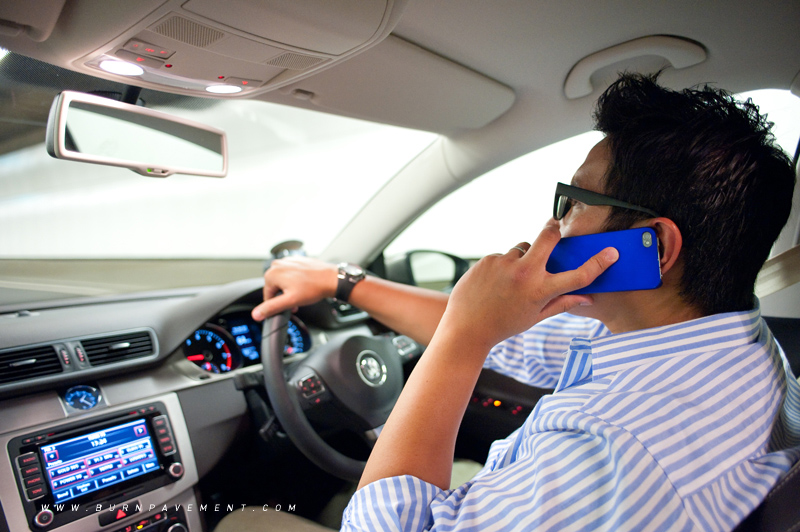Just when you are about to tell your father what went on at the opposition party rally on the phone, you see an incoming truck...
You see wreckage strewn all over the highway. The car is left to rest awkwardly on only three wheels with the fourth a deflated sight. You could briefly recognize the make of this car not from the emblem on the smashed front, but from the logo of the wheel cap eight feet away. The engine spews white smoke like a boiling kettle, and you can’t quite see the interior of this car because it’s literally choked with the fully deployed airbags. The traumatic experience of the driver can be guesstimated from the ten-metre long stretch of depression detected on the divider rails. The once resplendent sports sedan is tamed and subdued by the physical forces so grossly stimulated by a crushing collision that has smacked the OTHER car right around a tree, three lanes away. And in what shape would his wife and kids be?

Just barely thirty seconds before, the kids were singing merrily to the zoo trip as promised by their dad a fortnight ago. His wife told him to keep his eyes on the road, but he replied saying that he needed just a minute to make a call on his mobile phone to tell his father the gist of the rally. For that one minute of enthusiasm, he delivered his family through hell and smashed the other driver to the opposite side of the road, all in the space of thirty seconds...

There is palpable cause for trepidations when the driver beside you opts to compromise your personal safety as well as that of other road users in exchange for a few minutes of chat time on his mobile phone. In all seriousness, it is certainly not a very judicious idea to start a conversation on your mobile phone while being in control of a vehicle. Cogitating on the archetypical situations of driving, a driver is required to keep both his hands on the steering wheel and the gear shifter. While the ears remained sensitive to noise from the traffic environment (warning horns and vehicle noises etc), we keep our sights on the road and our brain functions simultaneously to counteract any unforeseen road hazards.

Research over the years have shown that engaging in a conversation on a mobile phone while driving, taps on certain parts of your brain for attention. You can’t simply chat on the phone mindlessly because you will need to react to the question-and-answer progression of speech and communication which is theoretically structured in a dialogue. It is an attention-sapping process which gives you little or no time at all to respond to the risks and perils of the traffic in front of you. Visual and speech capabilities of an average human-being are coherently tagged. I’ll draw you a circle and caption it with the word “triangle”, and you’ll probably take three seconds to connect to my self-contradiction. Likewise, an innocent confabulation on where to go for dinner over the mobile phone could take nearly three seconds away from your reaction time to respond competently when the driver in the car ahead of you, slams on his ABS. It is much worse if you are tapping short messages (SMS) on your touchscreen handset, because you are not even looking at all.

The Traffic Police has well justified their commitment in enforcing strict regulations on mobile phone driving, statutorily enacted in Section 65B of the Road Traffic Act, Chapter 276. This section states that, “Any person who, being the driver of a motor vehicle on a road or in a public place, uses a mobile telephone while the motor vehicle is in motion shall be guilty of an offence and shall be liable on conviction to a fine not exceeding S$1,000 or to imprisonment for a term not exceeding six months or to both, and, in the case of a second or subsequent conviction, to a fine not exceeding S$2,000 or to imprisonment for a term not exceeding 12 months or to both.” In addition, 12 demerit points would be charged to your traffic report card and your mobile phone will be forfeited by the court if convicted.

The Traffic Police takes a serious stance on this and it is only commonsensical that people should not disregard the detrimental effects of mobile phone driving and put the lives of the other road users in danger. There was never really any inference or studies to show that the usage of mobile phones could develop better driving skills or accentuate your road worthiness. So to those habitual mobile phone drivers out there, save that minute of call time and keep your eyes on the road. Who knows, it might just spare you thirty seconds of agony.
